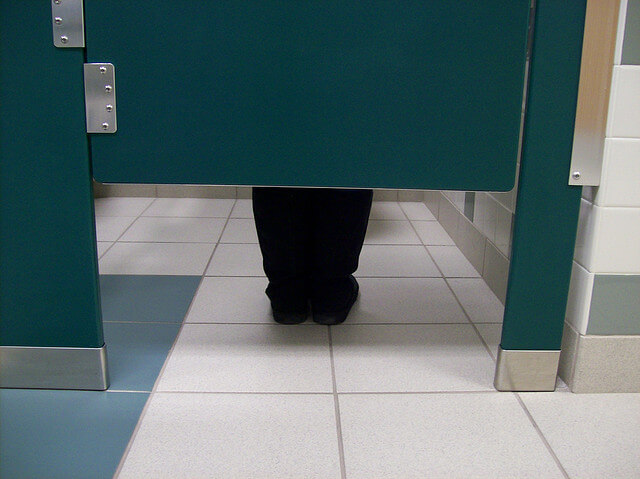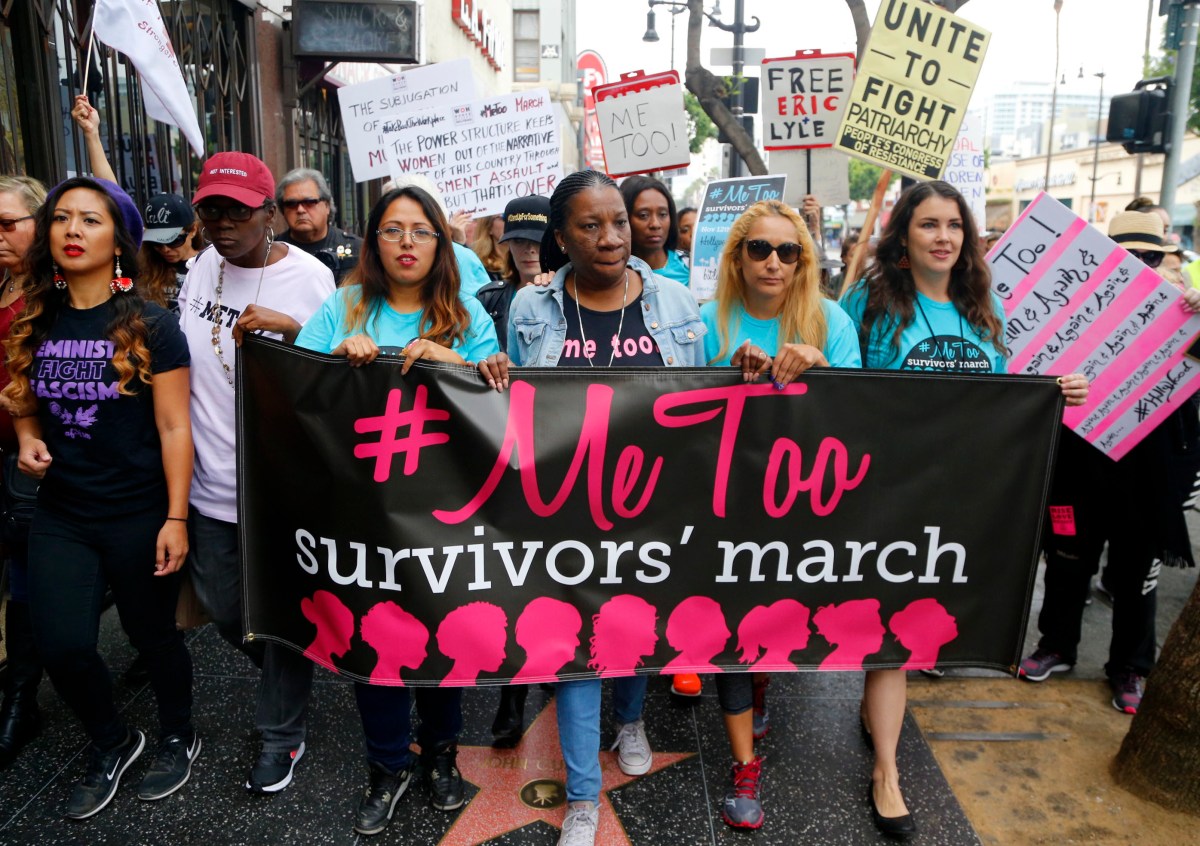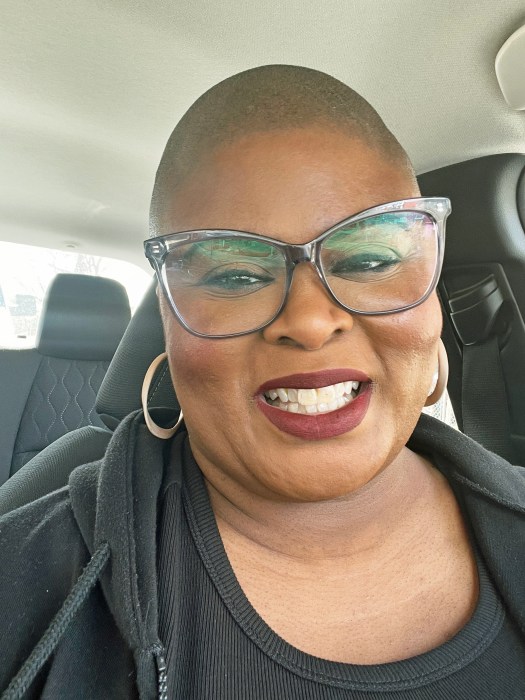The question of free will – are we well and truly in charge of our own destiny, or is there some predetermined path laid out for us that we follow blindly – has been at the centre of fierce philosophical debate for two millennia or more. In fact, it’s hard to find someone who doesn’t have something to say about free will: Aristotle argued that some things are left up to chance; Epicurus later took this a step further, arguing that if every action we took was predetermined, none of us could ever be held responsible for anything that we do. Free will and its relationship to our everyday life was the subject of a new Florida State University study conducted by researchers Michael Ent and Roy Baumeister. Ent and Baumeister argue that belief in free will has a lot to do with how we approach our daily life: it affects our behaviour, job performance, relationships, and so on. However, research about what impacts our belief in free will is scarce. “We had an unexpected finding in some unpublished longitudinal research that people felt that they had less free will on days in which they had vomited vs. days in which they had not vomited,” Ent told me. “That led us to wonder if other bodily states would affect people’s free will beliefs.” People’s belief in their own free will, Ent and Baumeister argue, can differ from their belief in free will in general. For example, people might believe they are free to do what they choose, while believing that others might not be. Some people believe their free will is limited by their circumstances. “Because one’s bodily states affect oneself more than they affect others, we predicted that people’s bodily states would affect their beliefs about their personal free will,” Ent and Baumeister said in the study. Operating on the evidence that most people believe in free will, Ent and Baumeister asked 81 adults between 18-70 to measure their various physical desires on the following four urges: The results of the new study, published in the journal Consciousness and Cognition, matched Ent and Baumeister predictions: that the more you need to pee, the less you believe you’re in control of your own destiny. Ent and Baumeister also surveyed both healthy subjects and those suffering from epilepsy and panic disorder, two conditions that result in uncontrollable physiological responses like seizures or anxiety attacks. They predicted that people with panic disorder or epilepsy would report less belief in free will compared to people without the disorders. They were correct in this case too: people with the disorders generally reported a lot more skepticism in the idea of free will than the control group. So what can we learn from this?
For one, the realization that physiological urges and desires can have a profound affect on how we view the world. “People are probably not aware of the degree to which bodily states affect their thoughts and actions,” Ent said. Secondly, it provides a new context for an age-old philosophical debate. While most of us assume that logical reasoning, religious or political thought is responsible for shaping our beliefs on free will, it turns out that it has much more to do with a full bladder or an unfulfilled desire for sex. “People may tend to regard their philosophical/metaphysical beliefs as products of pure reason,” Ent said. “[But] people’s belief in free will—not just their own, but the very existence of free will—can be diminished by physical cues.”
Are you the master of your own destiny? Not when you need to pee



















